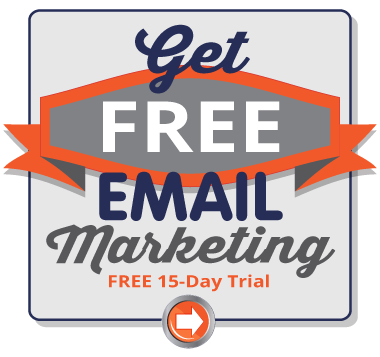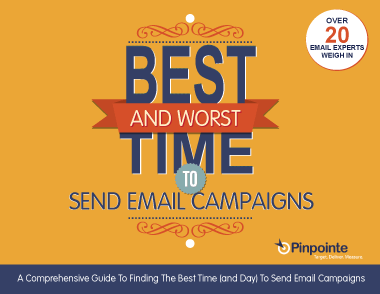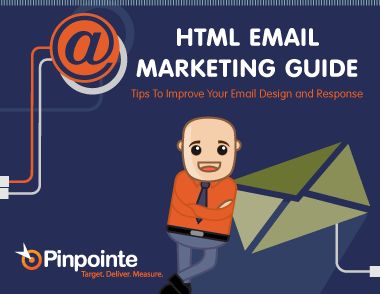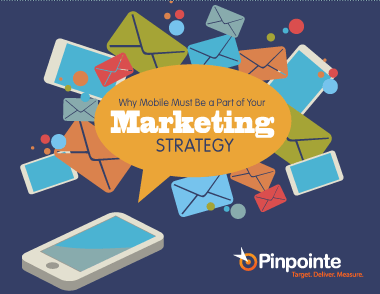Conversion-Optimized Landing Pages: From Inspiration to Analytics
> Download pdf version: Conversion Optimized Landing Pages – "How-To" Guide
When you think of landing pages, you may just think of sales pages. But in reality, you need conversion-optimized landing pages for almost every aspect of your online marketing strategy. Consider the benefits of a landing page in the following scenarios:
- Instead of optimizing your website’s homepage for all of your keywords, you should have optimized specific landing pages within your website for each keyword phrase you are targeting. These landing pages should be able to satisfy the search user’s query and help them make the next step, whether it be submitting a lead form to making a purchase.
- If you share social status updates about a specific product or service on your website, you should have a specific landing page for that product or service as opposed to sending the visitor to your homepage and making them search for it. This will increase the return of investment on your social media campaigns.
- To maximize your paid advertising spend on Google AdWords, Facebook Ads, LinkedIn Ads, and other ad networks, be sure that you have a specific landing page for the product or service you are selling that caters toward the audience you are targeting with your ad.
- In order to build a targeted mailing list, you need a squeeze page that you can direct potential subscribers to with an offer to entice them into submitting their email address.
As you can see, landing pages can come in handy for your SEO, social media, PPC, and email marketing strategy. In this guide, we’re going to look at how you can craft the best landing page and use it to track the success of your online marketing strategies.
Finding Landing Page Design Inspiration
If you’re not sure where to begin when it comes to your landing page, your best bet is to research your competitors. First, decide on the landing page you want to create. Is it for a product, service, lead generation, or email list signup? Then, start looking to your competitors for examples.
The quickest way to find the landing pages your competitors use is by using SEMrush. This tool allows you to see the top keywords your competitor is ranking for in organic and paid search along with the pages that rank for them.
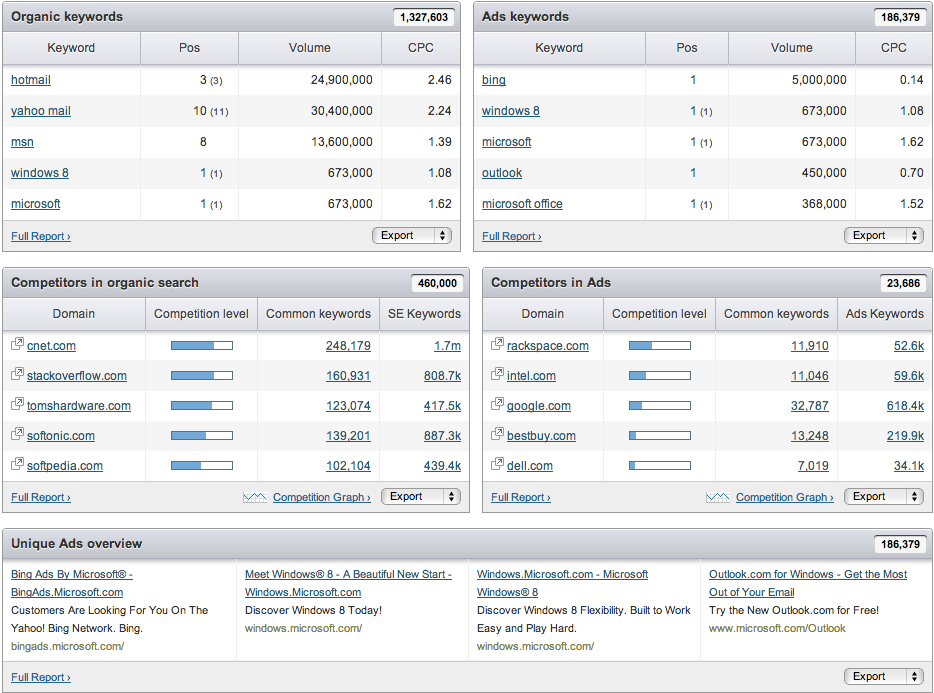
Visit top pages that are similar to the ones you want to create for your website to learn more from them.
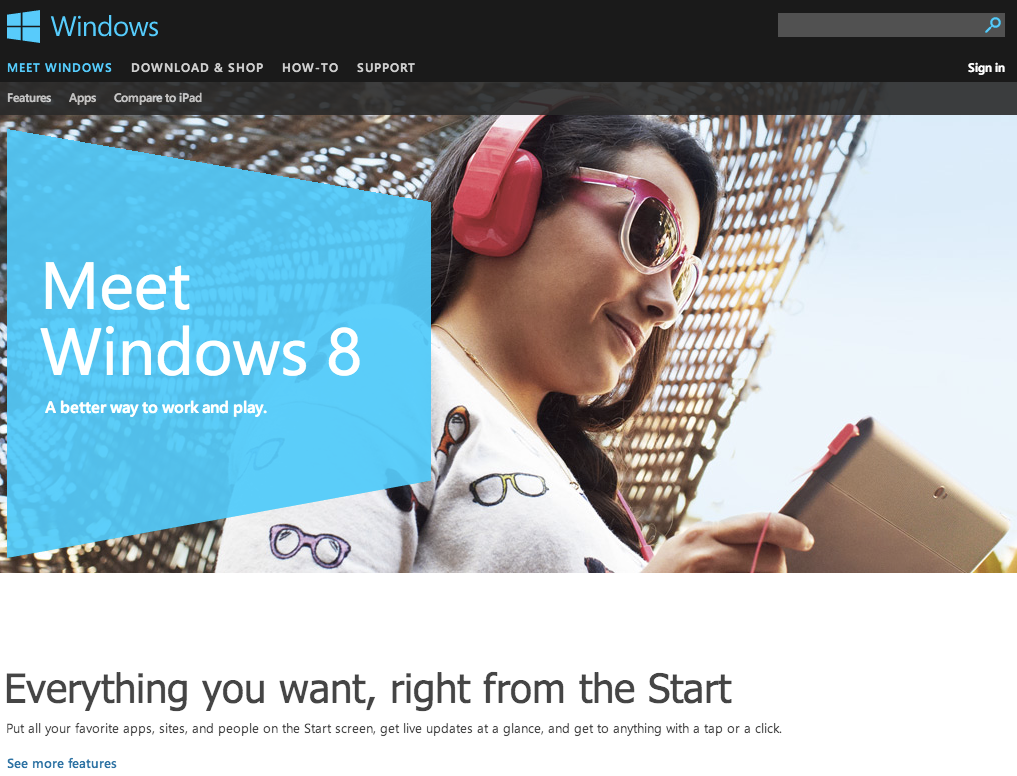
The things you will want to note in particular include:
-
Design – Depending on your industry, customers may be used to landing pages that are composed of long-form text or pages that are more visually aesthetic with less text, more representational of the product or service.
-
Copy – What needs does your competitor satisfy within the content? What wording does your competitor use for the call to action – subscribe, buy now, become a member, sign up, add to cart, etc.
- Navigation – Can visitors get to other areas on the website from the landing page, and if so, what options are given to them? Are the other pages equally focused at gaining conversions and if so, how?
The key thing to decide when looking to competitors for inspiration are whether you want to go with what visitors researching companies in your industry are used to, or do you want to make your business stand apart from them in an innovative way?
You can also gain inspiration from a variety of industries by looking at landing page galleries like 40 New Startup Websites Landing Pages and 30 Beautiful Landing Pages Optimized for Converting Visitors Into Users.
Crafting Landing Pages for Conversions
To ensure you have the most conversion-optimized landing page, you will need to follow these steps.
-
Make sure the page has only one call to action. You don’t want to confuse visitors with the opportunity to subscribe to your mailing list and purchase a product on the same page. If your goal is to get mailing list subscribers, then make the page’s call to action the opt-in form and sell them a product in your next series of emails. If your goal is to get the visitor to buy, then make the page’s call to action an Add to Cart button and capture them as a subscriber during the checkout process.
-
Help the visitor make the decision to convert in your copy. Address a common problem the visitor may have, how your call to action can solve it, and why they should feel confident in buying from you or giving you their email address. If possible, always include testimonials from real people.
? - Test, test, test. A/B testing can help you create pages that convert. Try different wording in your call to action, different colors, and even different page layouts. Then analyze the results.
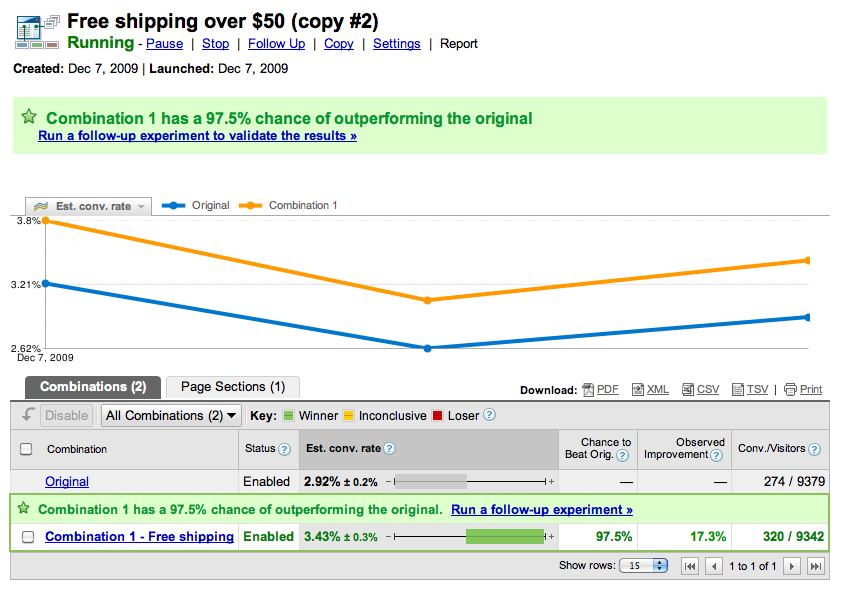
Photo Credit: Amit Gupta
If, for some reason, you can’t do A/B testing, study other A/B landing page tests to see what the results are and implement similar elements in your landing pages. Just look for A/B results posts like 26 Landing Page Designs Critiqued for Conversions with A/B Testing Tips.
Optimizing Landing Pages for Search
Search optimization of your landing pages is a must. Fortunately, optimizing your landing page for a particular keyword is easy. You will want to take your targeted keyword phrase and include it in the following parts of your landing page.
-
SEO Title – The SEO title tag is the most important for on-site search optimization. Make sure your target keyword is a part of your 70 character title tag, preferably at the beginning.
- Meta Description – While this doesn’t help you rank for your target keyword phrase, it does help your page stand out in search results if the target keyword is included as search engines will bold each instance of the keyword phrase searched.
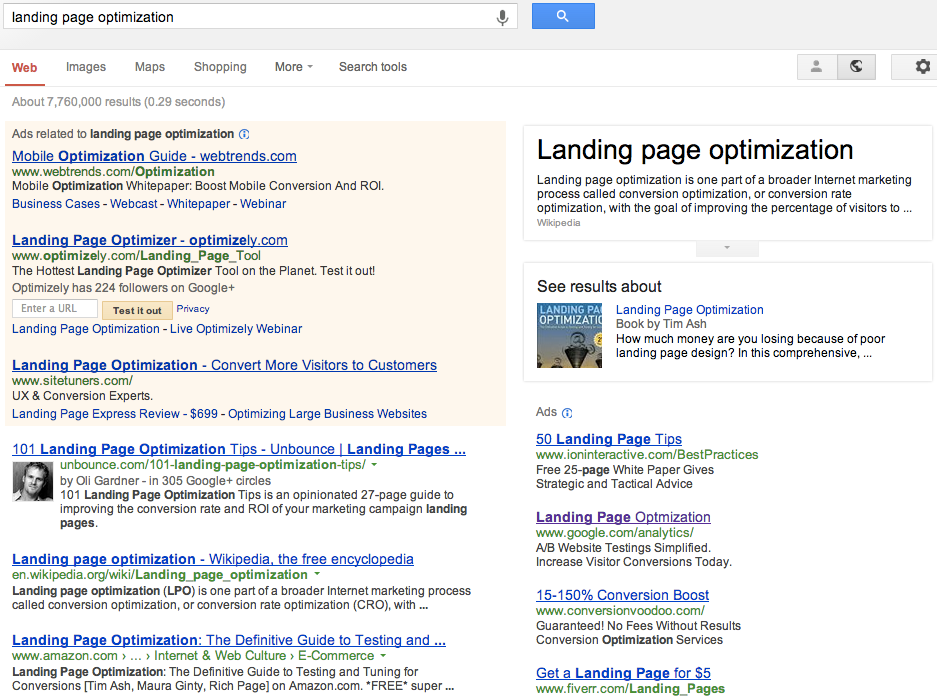
- Keyword Phrase in Body – You should strive to fit the targeted keyword phrase as early as possible in the main body of your landing page’s content, preferably within a header element (H2, H3). Also try to included it near the end of the page as well.
- Image – If your landing page has an image that is related to the targeted keyword phrase, include it in the image’s filename, ALT text, and title.
The search optimization of your landing page should be done in a way that gets the point across to search engines, but does not distract visitors from the main conversion point on the page. By doing this, you’ll have a chance of ranking better in search results as well as acquiring a high quality score in Google AdWords.
Enhancing Landing Pages for Social Proof & Sharing
Encouraging visitors to share your landing page on social media can help you bring more traffic and more conversions. The trouble is, social sharing buttons can distract visitors from the main conversion point on the page. You don’t want visitors to start thinking about social shares before they subscribe to the mailing list, submit the lead form, or buy your product.
So how do you get social shares without adding social sharing buttons to your main landing page? Add them to your thank you page instead. Allow (hopefully) satisfied visitors tell their friends about your offer.
Since you’ll be using the social sharing button on a page other than your landing page, you will need to configure the URL within the button code to share our landing page instead of your thank you page (most buttons default to sharing the page they are placed on). To do this, grab the official social sharing buttons from Twitter, Facebook, Google+ (look under advanced settings), or LinkedIn (depending on your industry) and use the URL of your landing page.
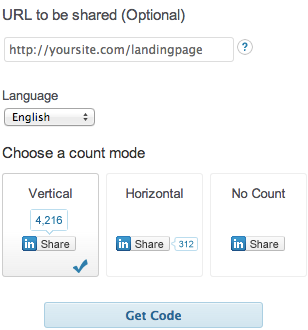
One thing to keep in mind is that the social sharing button will use the SEO title you crafted earlier in the status update. So while your SEO title needs to be keyword optimized, it also needs to be conversion optimized too. If it’s not, be sure to go back and modify it for search engines and social sharing.
Creating Tracking Links to Your Landing Page (UTM)
When using a landing page for multiple types of online marketing campaigns, you will want to add UTM parameters to your landing page’s URL so you can track the exact origin of visitors on your site in Google Analytics. Otherwise, you will have to guess whether traffic to your landing page came from an update on your Facebook wall or your Facebook Advertising campaign.
Using Google’s URL Builder tool, you can quickly add easy to track UTM parameters to your landing page URL that match your campaign.
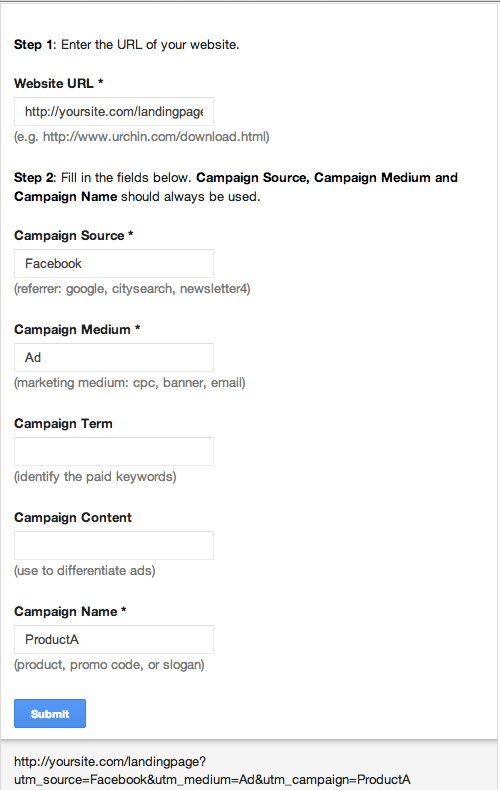
To track one specific landing page for a specific purpose, be sure to use the same campaign name for each custom URL you build. This way, you can look at the data for this specific landing page in one grouping within Google Analytics.
Analyzing Landing Pages in Google Analytics
There are a few ways to track your landing pages within Google Analytics to determine which online marketing campaigns lead to the most conversions.
First, you will need to set up Google Analytics goals to tell Google Analytics when a visitor has made a conversion. Once this is done, you will be able to trace steps the visitor takes throughout your website until goal completion.
From here, you can analyze various sections of your Google Analytics, starting with your campaigns created through the use of UTM parameters. You’ll find this information under Traffic Sources > Sources > Campaigns.

If you didn’t use UTM parameters, you can look under Traffic Sources > Sources > All Traffic to see where visitors come from and what referral sources lead to conversions.
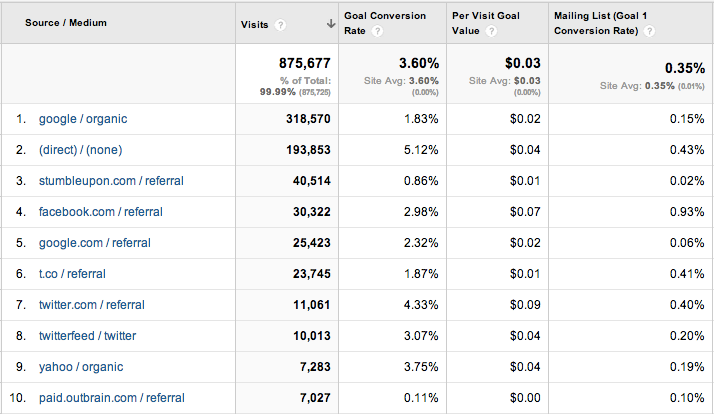
To see how your landing pages stack up against each other for conversions, go to Conversions > Goals > Goal URLs, click on the final destination URL for the goal you are tracking (such as your thank you page), then Goal Previous Step 1 in the dropdown below the graph. The URLs referenced in the Previous Step 1 will likely be the landing page URLs unless you have a multi-part shopping cart process, in which case you will want to select Goal Previous Step 2 or 3 instead.
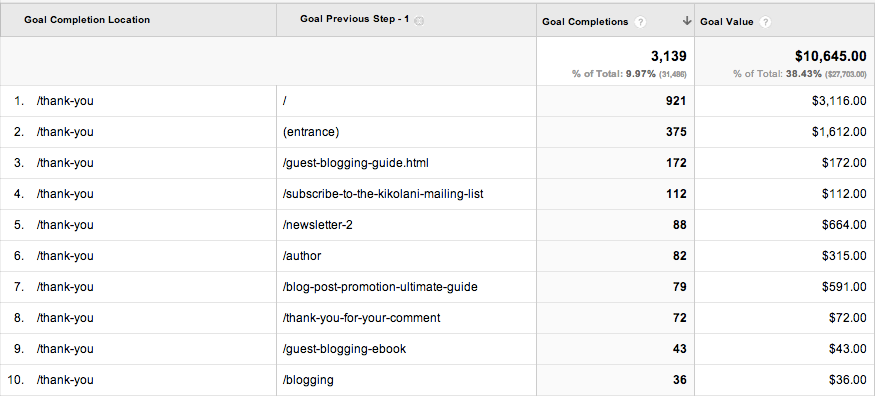
By the time you are done analyzing your data in Google Analytics, you should have a good feel for which marketing strategies are leading you to the most traffic and conversions as well as which landing pages perform best. When you have multiple landing pages, and one is outperforming the rest, analyze that one carefully and see if you can make any changes to other landing pages to get similar results.

